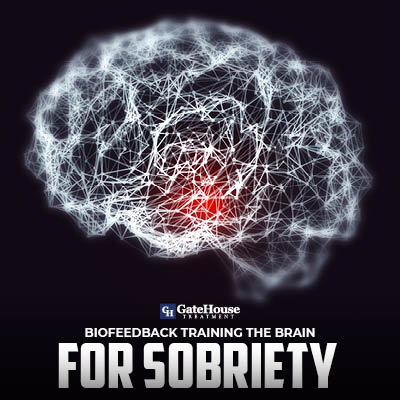
BIOFEEDBACK: TRAINING THE BRAIN FOR SOBRIETY
Imagine if you could train your brain in drug and alcohol rehab — strengthening positive habits and minimizing destructive patterns — by playing a video game. It sounds like science fiction, but that is the (vastly simplified) idea behind neurofeedback therapy. During a session, a client’s brainwaves are measured using electrodes that are harmlessly placed on the outside of the head. The electrodes measure the client’s brain activity and a computer system provides a visual reward when clients increase desirable brainwaves. Counselors are specifically targeting high beta waves in order to help clients develop better impulse control. The client is not actively doing anything — he or she might read or just relax —but the brain becomes conditioned to give off the desired waves. While most clients have heard of neurofeedback, about half look forward to their first session and half are a little skeptical of the whole process.
Drug and alcohol rehab Clients feel normal after the sessions, which last about half an hour. That can make it hard to recognize the changes that are happening. Some clients are also worried about the science, wondering if neurofeedback implants something in the brain, the whole process is much more simple than that.
To learn more about achieving sobriety with drug and alcohol rehab near me, contact GateHouse Treatment for our facilities in Nashua, New Hampshire. We are available to you 24/7, and can be reached at (855) 448-3588.
- Cymbalta Withdrawal: Causes, Symptoms, And Management - October 12, 2023
- Boredom in Recovery: 5 Tips to Avoid Relapse - October 6, 2023
- Overconfidence and Rehab: Avoiding Relapse - October 4, 2023




